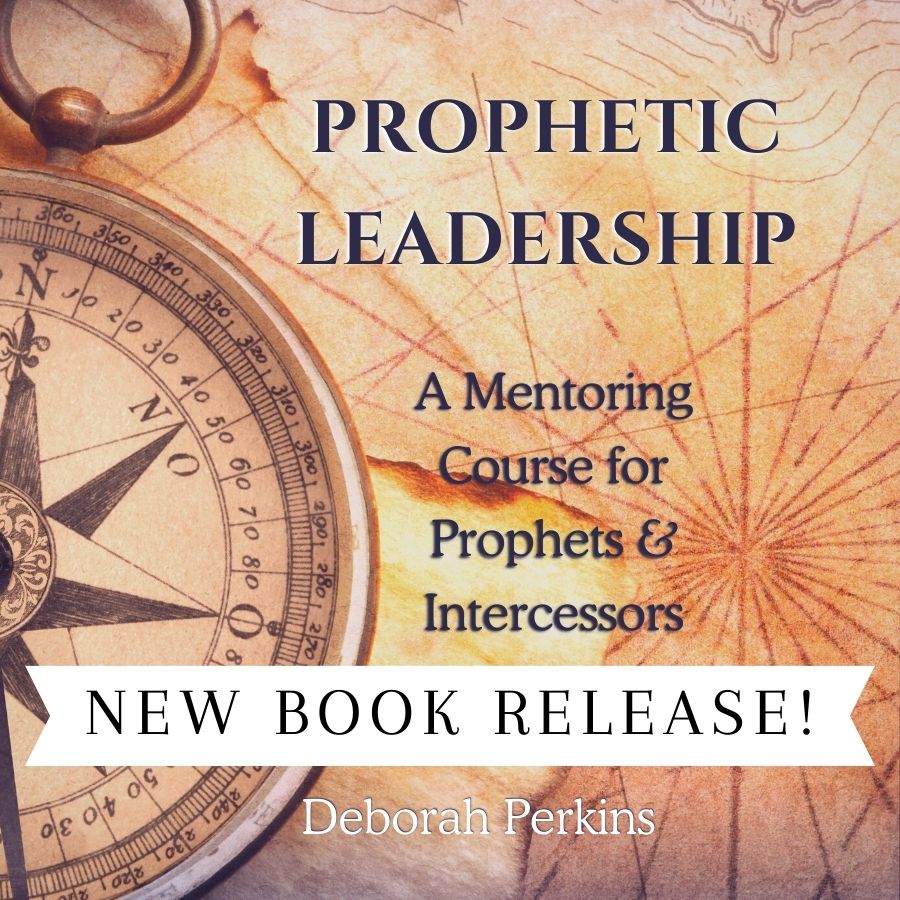|
The idea of taking a Sabbath day off to rest is not a new one. Up until recent times, it was unthinkable to find stores open on Sundays or employers demanding that workers put in a 7-day workweek. But materialism and secular humanism have changed our culture dramatically, and what used to be unreasonable is now the norm. What we sow, we reap, and a recent New York Times bestseller, The Mystery of the Shemitah, has paired this truth with an urgent warning. Author Jonathan Cahn skillfully links many of the nation's ills with our failure to honor God. He shows historically that God is not mocked. He also warns that according to the Bible's seven-year timetable called "Shemitah," we will reap judgment again, just as we have many times before. What is Shemitah? It is, to put it in simplistic terms, an extension of the law of the Sabbath. Just as Israel was commanded to rest every seventh day (a pattern modeled and initiated by God in Genesis, during creation); so the land must be given a rest every seven years to enjoy her Sabbaths. (See Leviticus 25). It requires Israel to rekindle her trust in God as Provider by taking an extended "vacation," of sorts, from sowing and reaping. For an agricultural economy, this principle is understandable. Fields lie fallow, and what grows on its own is shared and eaten by everyone. Debts are forgiven. Even today's sophisticated studies of farming confirm the benefits of rotating crops or allowing the ground to lie fallow for a period of time, to restore the soil's nutrients. It makes economic sense. It makes spiritual sense, too. Any farmer will tell you how refreshing a year of rest from hard labor is for himself! The extra time the Israelites gain when they cease sowing and harvesting is intended to be time spent with God. It is almost like a fast: an implicit acknowledgement that Israel relies wholly upon Him. What doesn't make sense, perhaps, is how to practice this in modern times. In an economy that is no longer agriculturally-based, how does one stop working? Today's industries demand nonstop investment. One cannot simply abandon his job and hope that somehow there will be enough food to go around - can he? Is this really what God wants? Under Old Testament law, it would seem so. The biblical penalty for failing to keep these seven-year cycles of Sabbaths was exile to Babylon. For seventy years, the land of Israel enjoyed the full number of Sabbaths she had missed. (See Leviticus 26:34 & Jeremiah 29). Her economy was devastated and her enemies defeated her. The Mystery of the Shemitah advocates that we as a nation must return to God, lest we incur His judgment. Jeremiah 29:11, a favorite "blessing promise" verse, was conditional: it would come to pass only after the Sabbaths had been fulfilled. (See Jeremiah 29:10-14 for the context). 2 Chronicles 7:14, another favorite verse for the healing of the land, is also conditional. Our very lives depend on our seeking God. (See also Amos 5:4, Matthew 6:33). What Does This Mean for Us?God is serious about His people returning regularly to a place of wholehearted trust in Him. Believers know that Christ is the fulfillment of every law. Now living in the doctrine of grace, we can honor God's heart for the Shemitah just as we honor the Sabbath. Not with a legalistic adherence to a year of rest, but with an attitude that demonstrates trust and a desire to seek Him more fervently. How do we do that? Proverbs 3:4-5 reads, Trust in the Lord with all your heart, and lean not on your own understanding. In all your ways acknowledge Him, and He shall direct your paths. (NKJV) Here's an illustration the Lord gave me in prayer: normally, our everyday lives involve applying ourselves steadily to our work, as if we are pushing on a wall, hoping for breakthrough. We are told this work will pay off, and so we try to force our way through the barriers. Our reward for applying this constant pressure comes in the form of a paycheck, a promotion, or (if we are farming!) a harvest. The Shemitah principle reminds us that there are times when we would do better to turn around and apply pressure on the opposite side, where there is a door: heaven's door! It seems counter-intuitive, at first, to turn away from what we think is the location of our natural provision, but turning renews our focus on God, our true Source. Heaven's door yields more easily and our breakthroughs reveal hidden treasures, both natural and spiritual, which we could not otherwise access. In other words, we don't stop sowing, but we do start sowing to the Spirit instead of to the flesh. I like the way this translation puts it:
If you plant in [the soil of] your corrupt nature, you will harvest destruction.
But if you plant in [the soil of] your spiritual nature, you will harvest everlasting life. -God's Word Translation
Sabbaths and Shemitahs remind us time after time that God is still trustworthy. The inscription on our money reads: In God We Trust. This Shemitah year, I pray that every time we handle money, we'll be reminded that it is God who gives us the power to get wealth, as a sign of His loving covenant with us.* I pray that in seeking Him, we'll find that our time is never wasted and our harvests are multiplied.
*Deuteronomy 8:18. For a Jewish testimony about God's provision during a Shemitah year, click here.
c. Deborah Perkins, 2015 To purchase a copy of Jonathan Cahn's book, click the photo link below: (a small percentage of your purchase supports both His Inscriptions & HopeoftheWorld.org.) 
Deborah Perkins is passionate about helping others to connect with God. She writes about knowing God and hearing His voice at His Inscriptions.com. Follow her on Twitter@DeborahSPerkins or Facebook at HisInscriptions. To subscribe to her blog, click here. |
Free Link to the Subscriber Resource Library when you join His Inscriptions!
About
Deborah Perkins Categories
All
Archives
June 2024
AuthorA severe hearing loss from childhood caused Deborah Perkins to develop what she now calls her secret weapon: tuning in to God's voice. A Wellesley College graduate and an award-winning writer, Deborah is now a wife and mother of 3 boys. Deborah has devoted over 25 years to professional and lay Christian ministry in New England and beyond. Her passion is inspiring people to cultivate greater intimacy with God. |



 RSS Feed
RSS Feed






